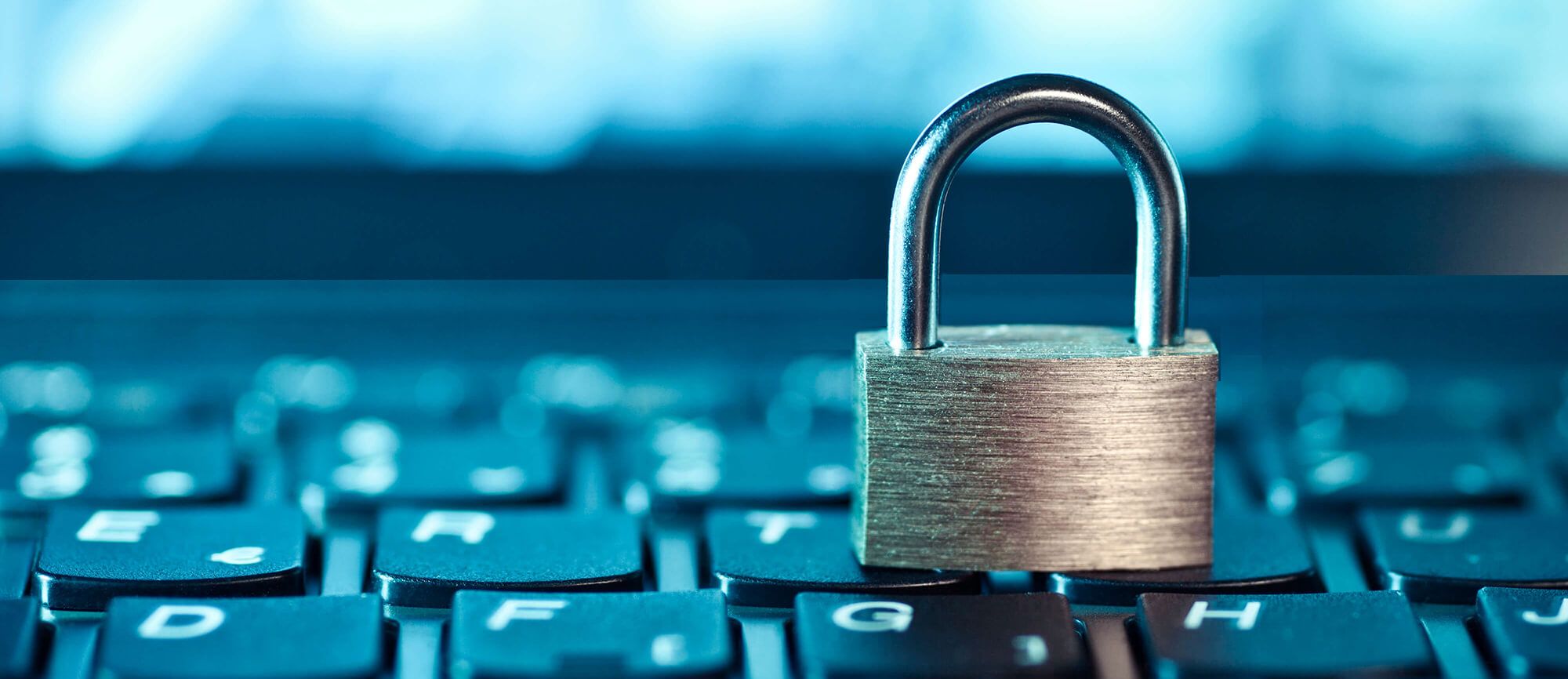Keep your business safe by taking measures to prevent corporate account takeovers. At Origin Bank, we take every step we can to make sure our customers' bank accounts are secure 24/7.
Protect Your Business from Corporate Account Takeover
Corporate account takeover is a form of corporate identity theft where criminals gain control of business bank accounts by stealing online banking credentials. Although there are several methods used to retrieve credentials, the most common is the use of malware to “infect” a company computer. Malware is commonly distributed via email and social networking links, as well as through websites. For businesses with low malware protection support, malware can go unnoticed for weeks or months.
If you believe your company’s account information has been compromised, please report it immediately to our Customer Support Center at 888-292-4037.

How can I protect my business?
There are a number of steps you can take to help safeguard your business bank accounts.
Computer/Online Banking Security
- Use tools such as firewalls, anti-spyware, and encryption of laptops and hard drives to protect your network.
- Dedicate one computer to online banking and cash management activity. Make sure this computer is not connected to the business network.
- Block access on network computers to high-risk websites such as adult entertainment, online gaming, social networking, and personal email.
- Do not conduct online banking activities from “free” Wi-Fi spots like airports or internet cafes.
Employee Education
- Educate employees on cyber security and email best practices.
- Make sure employees know that Origin Bank will never contact them by email or text message requesting them to verify account information or ask for passwords.
Account Security
- Require employees to have strong passwords and require they change passwords frequently both on their computers and online banking accounts.
- Use multifactor authentication any time it is available. Instead of simply entering a password, multifactor authentication adds an additional step such as a text message with a one-time passcode for confirmation.
- Use dual control for originating and authorizing ACH and wire transactions.
- Monitor and reconcile accounts online daily; at a minimum, review pending or recently sent ACH files and wire transfers. Check balances and look over statements carefully for any strange activity. Small, unfamiliar transactions could be a sign that someone has access to your accounts.
- Verify every change to routing numbers or account numbers for all originated ACH payments and wires. If something looks out of the ordinary or suspicious, contact your customer and the bank immediately to verify.
Email Best Practices
- Do not trust email to send or receive sensitive information. If hackers compromise your email account, they can use it to impersonate you and potentially gain access to confidential information. Change passwords every three months to help safeguard your email account.
- Do not click links in unsolicited and suspicious emails. Remember, you should never send confidential account information, change routing and account numbers, or send payment to an unknown source based on email requests.
Malware/Viruses
- Keep your computer up-to-date by applying software updates (patches) as soon as possible. Pay special attention to "plugins" like Flash, Java, and Acrobat Reader. You may have to apply updates to these items manually. Malware may use outdated versions of these plugins as a "gateway" to infect your computer.
- Install and configure a quality software security suite, and keep it updated. Be sure that the product contains multiple protection methods, including anti-virus, anti-spyware, and web protection. Keep in mind that most products are subscriptions and need to be kept valid. While important, don’t rely on anti-virus security software as the sole protection for your computer.
- Don’t ignore warnings from security software. Take the recommended actions (if offered).
- Don’t log onto your computer as an "administrator." Many modern operating systems allow you to use your computer as a "limited" user, and selectively increase permissions as needed. This may prevent unwanted software from slipping in without your approval.
- Consider using a dedicated computer for financial needs, and keep that computer up-to-date and secured. Don't use the dedicated computer for other internet purposes, like email and casual web surfing.
- Only install reputable, legal versions of software on your computer.
- Don’t change computer or internet browser settings to values that weaken security.
Resources
- Better Business Bureau: Data Security Made Simpler
- Federal Trade Commission: Interactive Business Guide for Protecting Data
- National Institute of Standards and Technology: Small Business Information Security: The Fundamentals